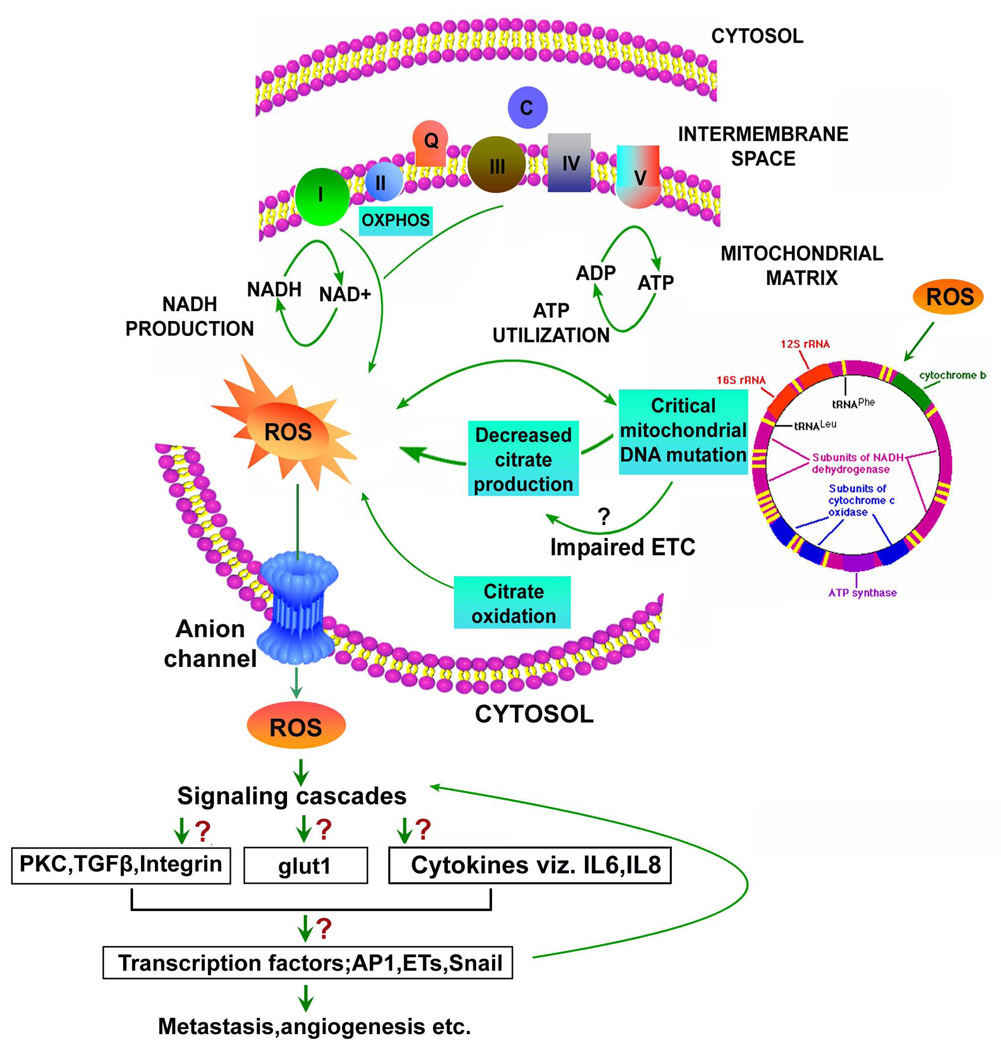Fig. 2. Metabolic switch and mitochondrial DNA (mtDNA) mutation accelerate ROS generation in prostate cancer.
Alterations in metabolism from high citrate to low citrate production, and truncated oxidative phosphorylation (OXPHOS) to complete OXPHOS status during the malignant transformation of prostate lead to complete citrate oxidation, and more ROS generation in prostate cancer cells. Similarly, homoplasmic mtDNA point mutations and mtDNA instability with time and age cause mitochondrial hyper mutagenesis. This event causes enormous amount of ROS generation, and we hypothesize that it might lead to impaired electron transport chain (ETC) resulting in decreased citrate production, which in consequence generates more ROS in prostate cancer cells. Once enhanced ROS generation is started, subsequent activation of signaling pathways and redox-sensitive transcription factors like HIF-1α, Ets, Snail has been shown to play a major role in progression and metastasis of the cancer cells.

